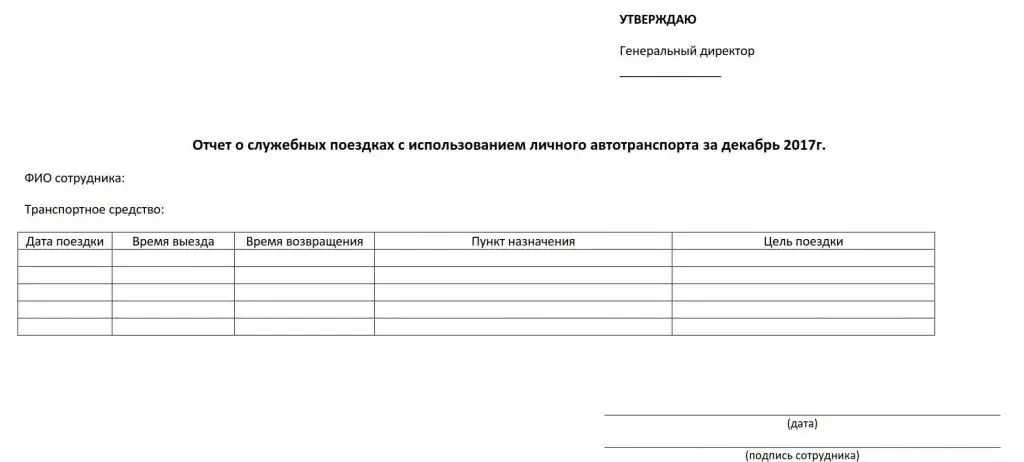2026 Author: Howard Calhoun | [email protected]. Last modified: 2025-01-24 13:10:45
In the foreign economic activity of any state, payment under interstate agreements takes place in the currency of payment. This definition and its role in commercial transactions will be discussed in more detail in the article.

World Settlement System
Before moving on to the issue of payment, let's define the term "international settlements". They are an interconnected system in which payments are regulated by monetary claims and obligations arising from participating countries and their residents, represented by legal entities and individuals.
The global settlement system includes payment for:
- export and import of goods;
- non-commercial services and transactions, including expenses for cultural events, administration of embassies, travel expenses, etc.;
- service work on credit operations, loans, etc.
Settlement regulations
The regulatory framework for the procedure for settlements between countries is provided by both the national laws of the states participating in foreign economic operations, and foreign economic activity contracts signed by the payers of the recipient of funds. In addition, the calculations take into account the theses of international unified rules andcustoms in the foreign economic environment.
Agreements on interstate contracts, as a rule, take place in the hard currency of the most developed countries, since the participants in the settlements usually do not have a single means of payment.

Calculation is impossible without two categories of materials:
- Commercial, they are also called trading. This group is represented by transport, warehouse and insurance documents: invoices, bills of lading, waybills, warehouse receipts, etc.
- In the financial (payment) group, documents are represented by promissory notes, drafts, checks, promissory notes and other documents expressing a monetary claim.
Price-payment currencies may not match: for example, an international contract may contain one financial unit, and payment may be made in another or even in a commodity form.
Features
Price currency is the one in which the cost of goods is indicated. When choosing the optimal currency for fixing the price of a product, the circumstances that are significant for settlements between countries are taken into account. In particular, we are talking about the conditions of interstate relations and international customs. Sometimes the transaction price is listed in two or more currencies, or a standard financial basket is used to minimize financial risks.
An important factor in the currency efficiency of the transaction is the correct choice of the currency price and payment currency. This is due to the diversity of export and import contract prices, as well as dependence onincluding additional costs along the way of the goods from the supplier to the recipient.

There are five main options for determining the price of a product:
- By firmly fixing the value at the stage of signing the contract - in this case, it remains unchanged during the period of fulfillment of the terms of the contract. This method is optimal when a downward trend in world prices is visible.
- When a deal is made, determine the principle on which to set the price, based on the quotations of the relevant market at the time of delivery. And the clarification of the cost itself occurs in the course of the implementation of the contract. This option is used when the expected increase in market quotes.
- The price is clearly fixed at the stage of signing the contract, but can be changed in case of a jump in the market value in relation to the contract value by more than 5 percent.
- A sliding price can be set if cost components change, for example, at the time of ordering equipment. With the existing high market conditions, taking into account the interests of the buyer, restrictions are introduced (by setting a general limit on price changes or extending its variation only to part of the costs and for a short period).
- With a mixed option, one part of the cost is fixed clearly, while the other can slide depending on the conditions.

Conditions
Special conditions determine the price and quote, and in case of their unequalness, payment with currency conversion. With unstable exchange rates from theseconditions largely depends on how effective the foreign trade deal will be.
Price currency means the financial unit in which the cost of goods sold is set. Here, each party to the transaction has its own interests: the exporter is interested in a currency with a steadily growing exchange rate, while the importer is more profitable with an analogue whose exchange rate tends to decrease.
In order to minimize financial risks, the price currency is usually one of the stable national currencies of developed countries. There is also a practice of expressing the price of goods in several forms.
The currency of payment is the unit by which the exporter and importer settle with each other. It is not necessarily equal to the currency of the price, this is especially common in the calculations of developing countries.

Foreign trade turnover in developed countries is also characterized by settlements in the form of payments in the national currencies of these states, when they are freely convertible. If the currency of the importing country does not have this property, then a reserve analogue is used. In the case of economic clearing, the payment currency is the same as specified in the respective agreement.
Recalculation rules
When concluding a contract between the settlement participants, it must agree and fix the conditions under which the price currency will be recalculated into the payment currency. This implies an indication in the contract:
- recalculation date, usually equal to the day of payment or the previous day;
- type of rate - current market,wire transfer course or other;
- currency market, whose quotes are used when calculating quotes.
The depreciation of the price currency is fraught with losses for the exporter, who gets a smaller amount in the payment currency. An increase in the exchange rate, on the contrary, hits the pocket of the importer, who is forced to pay a large amount
Reservations
If the contract price is fixed not in the currency basket, but only in one national currency, there are clauses that prevent participants from the impact of financial risks. According to them, a proportional adjustment of the contract price is possible in case of an unfavorable change in the exchange rate or a decrease in the purchasing power of certain types.

Accounting for export operations
In foreign economic activity, there are quite often cases when the currencies of the contract and payment do not match. And if suddenly the above terms of recalculation and reservations are not indicated in the contract, banks are guided by the following rules:
- the official exchange rate of the national currency to foreign ones, set by the head bank of the state on the day of payment;
- if one of the currencies of the Commonwe alth of Independent States or the B altic States is used, the conversion is made at the rate set by the Moscow Interbank Currency Exchange;
- at the latest Financial Times rate in all other cases.
When the conditions in the contract are not spelled out and the above methods are used, the bank runs the risk of missing revenue. This threatens the enterprise with the impositionpen alties (0.3% of the amount of lost revenue). The maximum amount of pen alty is limited to the amount of unreceived proceeds.
Customs payments
They are one of the most important components in determining the profitability and expediency of concluding an import-export contract as a whole. Customs charges are:
- VAT;
- import-export duties;
- excise duties;
- payments for storage of goods.

Payment is also taken in the event of customs formalities arising from the import and export of goods into the territory of the state. The amount is usually repaid by the owner of the transported goods or by a company with a brokerage license providing such services. The currency of customs payments can be either the Russian ruble (in the case of importation of goods into the territory of the Russian Federation) or a foreign currency quoted by the Central Bank. And they can be paid in the following forms:
- non-cash - in the form of a payment order, customs cards, offset of advance amounts, cash deposit;
- cash - in this case, an appropriate credit order is issued.
Recommended:
What is primary documentation in accounting? Definition, types, features and requirements for filling

Accounting of any enterprise deals with primary reporting. The list of primary documentation in accounting includes several mandatory papers. Each of them is related to the stages of the business process. If the employees of the organization do not maintain primary documentation in "1C: Accounting", the company will face tangible sanctions
Depreciable property: definition, requirements and features

Depreciable property is recognized as property, products of intellectual labor owned by an economic entity and used by it to generate income. At the same time, the period of useful operation of such objects should be at least 12 months. The initial cost of depreciable property must be more than 10 thousand rubles
Payment for fuel and lubricants: contract execution, calculation procedure, rules and features of registration, accrual and payment

Situations often arise when, due to production needs, an employee is forced to use personal property. Most often we are talking about the use of personal vehicles for official purposes. Moreover, the employer is obliged to compensate for the related costs: fuel and lubricants (POL), depreciation and other costs
"Golden share" is "Golden share": definition, features and requirements

This term is not new in the world and in our country. But for sure, many now have encountered it for the first time, so rarely do we hear it in the media and in non-specialized circles, despite its importance. Therefore, it would be useful to analyze what a "golden share" is, what rights it gives its owner, and what place it has among other securities
Single agricultural tax - calculation features, requirements and payment

The single agricultural tax is a specific taxation regime that can only be used by firms and individual entrepreneurs working in the field of agriculture. The article describes the rules for calculating the tax, the applicable interest rate, the possibility of combining with other taxation systems, and also provides responsibility for violation of tax laws

